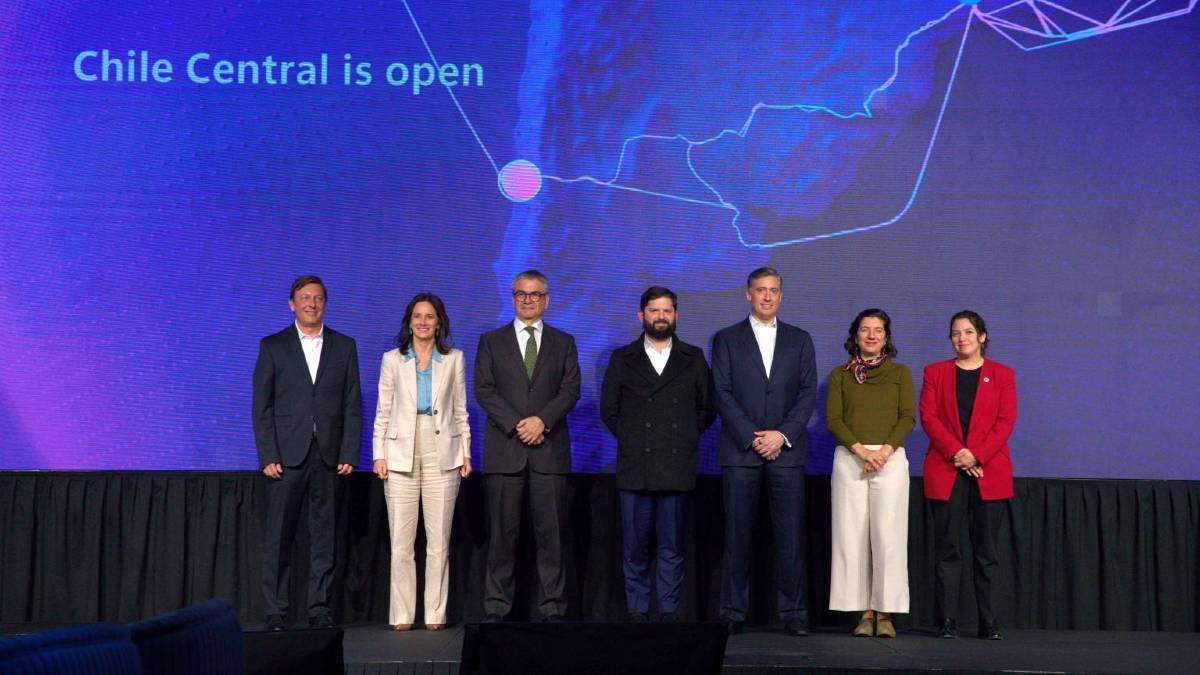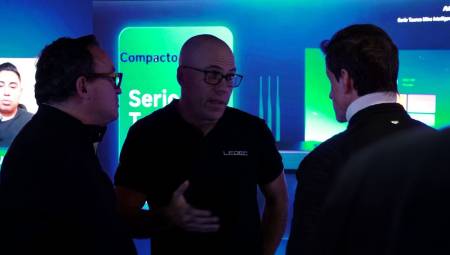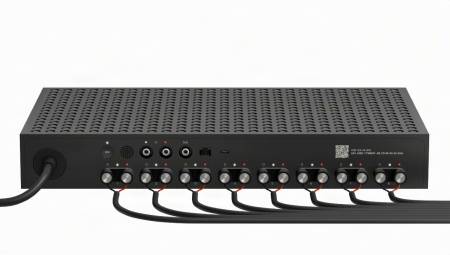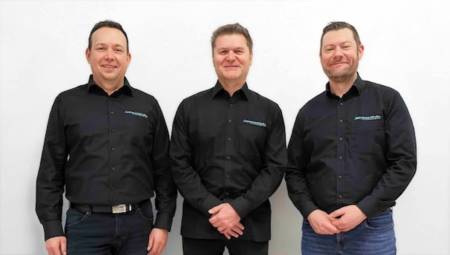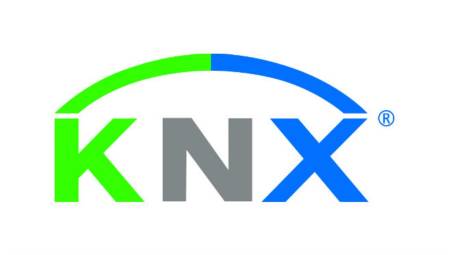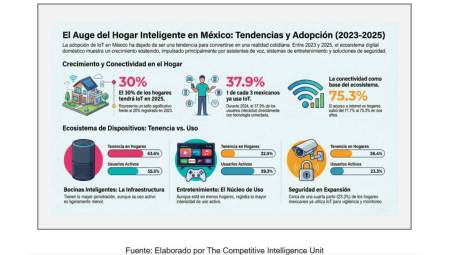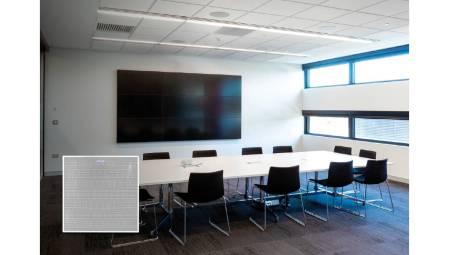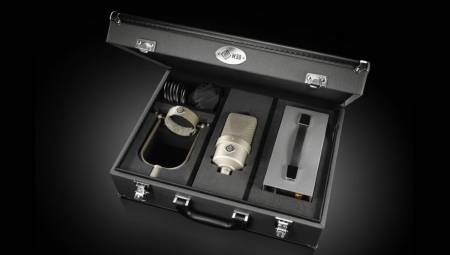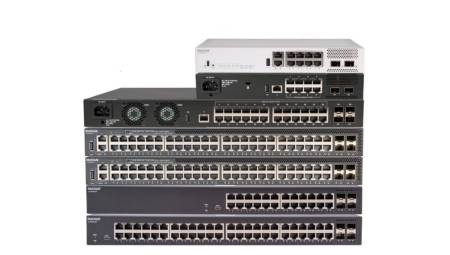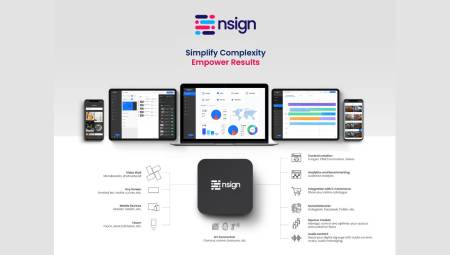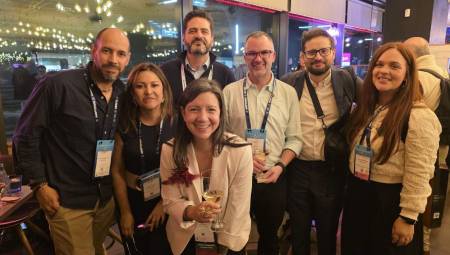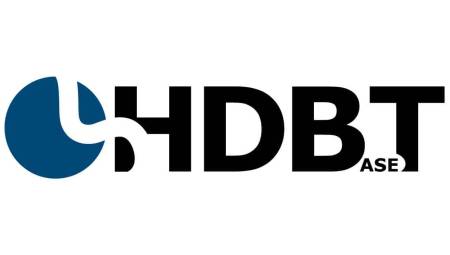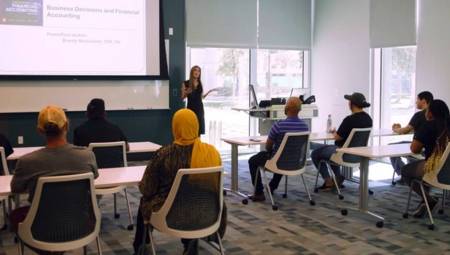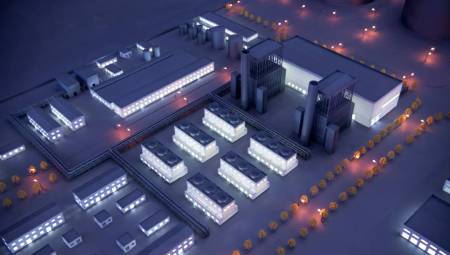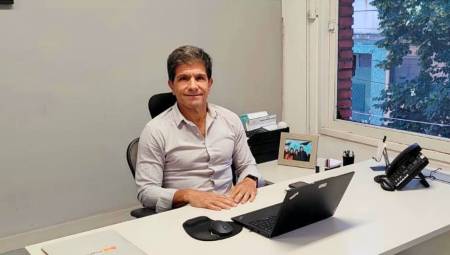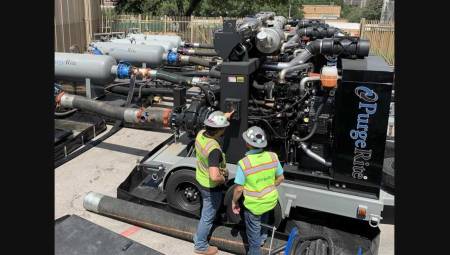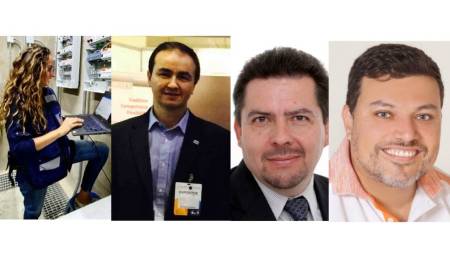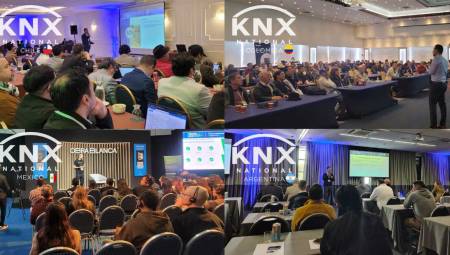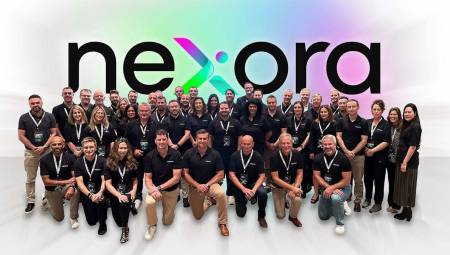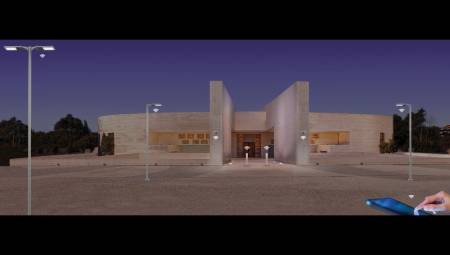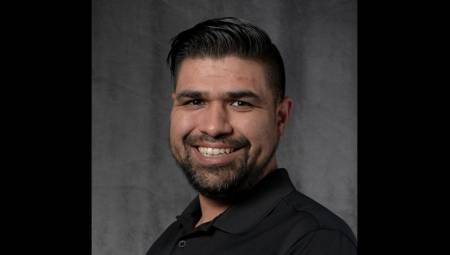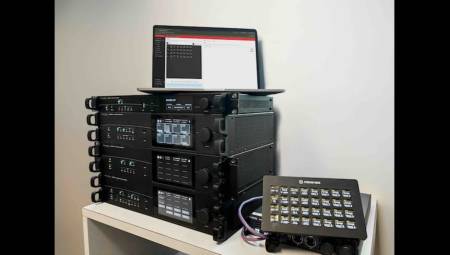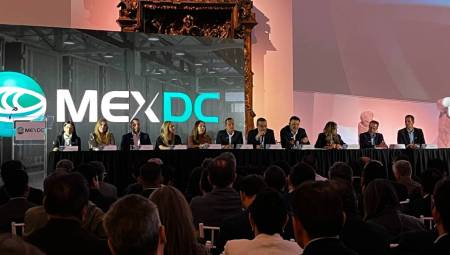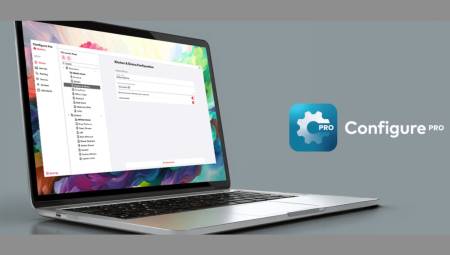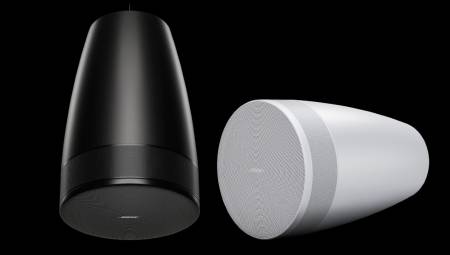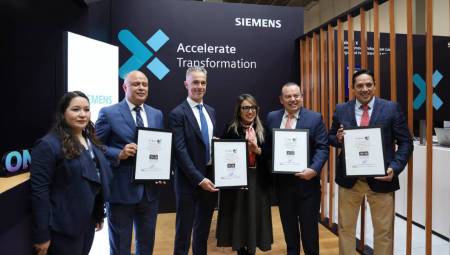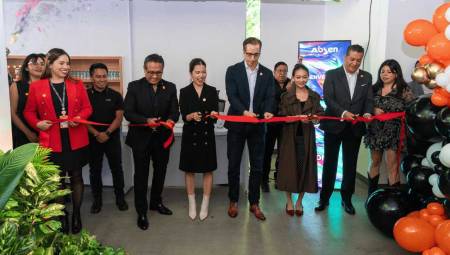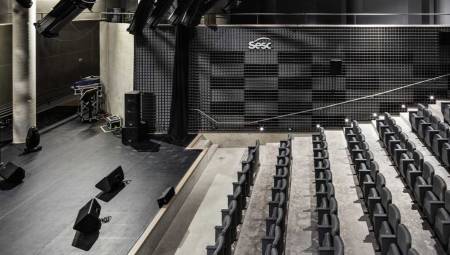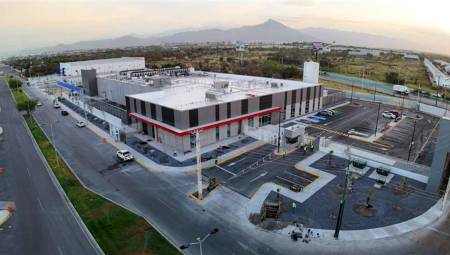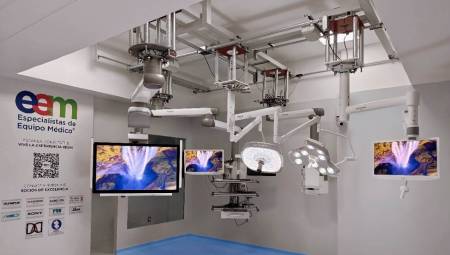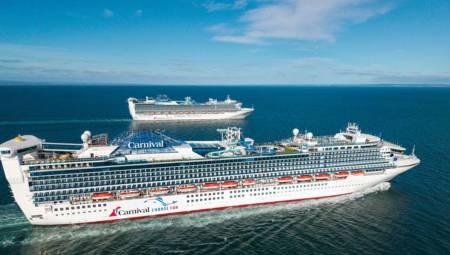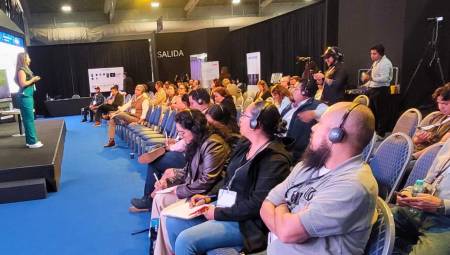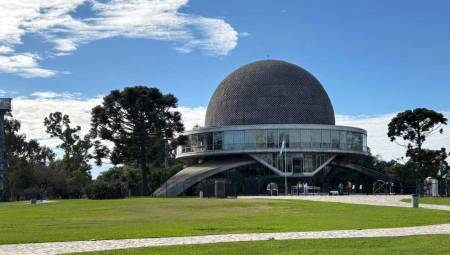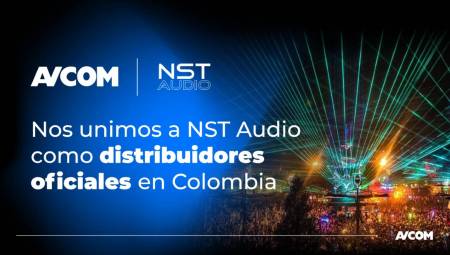Chile. Microsoft announced the opening of its first Datacenter Region in Chile, a historic investment that supports the country's economic growth, technological innovation and social development.
Located in the Santiago Metropolitan Region, the new cloud region — dubbed Central Chile — comprises three independent physical locations, each with one or more data centers. This region will provide cloud services and solutions for companies and public entities both in Chile and in other South American countries.
The Central Chile Region connects the country to the world's largest cloud network and ensures the highest standards in security, privacy, and regulatory compliance in local data storage. It will eliminate barriers to cloud adoption, accelerate the digital transformation of organizations, boost the economy and promote the development of the local technology industry and its innovation ecosystem, which today has more than 1,600 members, mostly Chilean SMEs.
According to IDC, Microsoft, its partners, and customers using cloud services are expected to generate $35.3 billion in net new revenue over the next four years. Of that total, approximately 3,300 million dollars will be invested directly in Chile, which will contribute to the local economy and the estimated creation of 81,041 jobs between 2025 and 2029.
The technologies available in the Central Chile region include modern services powered by Azure and Microsoft 365, aimed at productivity, data analytics, cybersecurity, computing, and storage. Dynamics 365 and Power Platform will also be available, positioning this region among the most advanced worldwide. The new region will offer cloud services with high availability, scalability, security and the option of data residency in Chile for local organizations, in compliance with Microsoft's global sustainability standards.
The impact of this infrastructure will be reflected in key sectors such as professional services, commerce, manufacturing and technology, driving new opportunities within the Chilean digital ecosystem and strengthening its innovation capacity.
Tito Arciniega, president of Microsoft Latin America, said: "Microsoft's cloud data center infrastructure in Chile will play a fundamental role in our strategy for Latin America and will help establish a center that radiates innovation from the region to the world. With Chilean companies inserted into the global economy and exporting goods and services around the planet, this new cloud region will support and stimulate economic growth, allowing companies and governments to take advantage of the benefits of the cloud. At Microsoft, we strongly believe in the transformative potential of Latin America and are committed to accompanying that transformation with the best technology infrastructure available."
The President of the Republic of Chile, Gabriel Boric, highlighted in his speech: "We are happy that Microsoft trusts our country to establish a datacenter region and allow Chile to continue to integrate and become a technological hub in Latin America."
Companies and public organizations in Chile are already using the services of the powerful infrastructure offered by Microsoft's new cloud region, benefiting from high-speed and low-latency data connections – previously unattainable – as well as the development of more agile and efficient applications. Such is the case of companies such as BCI, Codelco, Aguas Andinas, Banco Falabella, SQM, Theodora AI, among others.
Sustainability by design
Microsoft's sustainability goals include operating on 100% renewable energy in all its buildings and data centers by 2025, reaching water positivity by 2030, and achieving a goal of zero waste by 2025. These initiatives reflect a shared commitment to environmental sustainability and a resource-efficient future.
In Chile, Microsoft's data centers do not use water for their cooling system, as they operate with non-evaporative technologies, such as air coolers and direct expansion units (DX). Air coolers are closed-loop systems that circulate water to air handling units without the need for refueling after initial filling. DX units, also closed-loop, circulate refrigerant through cooling coils without requiring water. Data centers only use small amounts of water for humidification, but the volume is minimal.
With this launch, Chile joins Microsoft's global network, which has more than 400 data centers in more than 70 cloud regions, connecting to a platform that promotes responsible artificial intelligence, cybersecurity, energy resilience and sustainable transformation.



